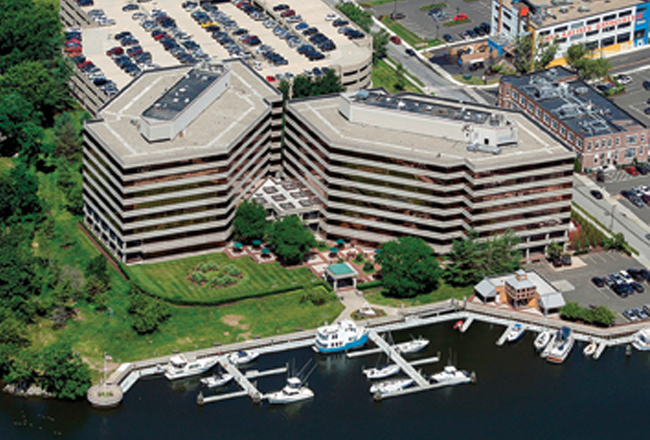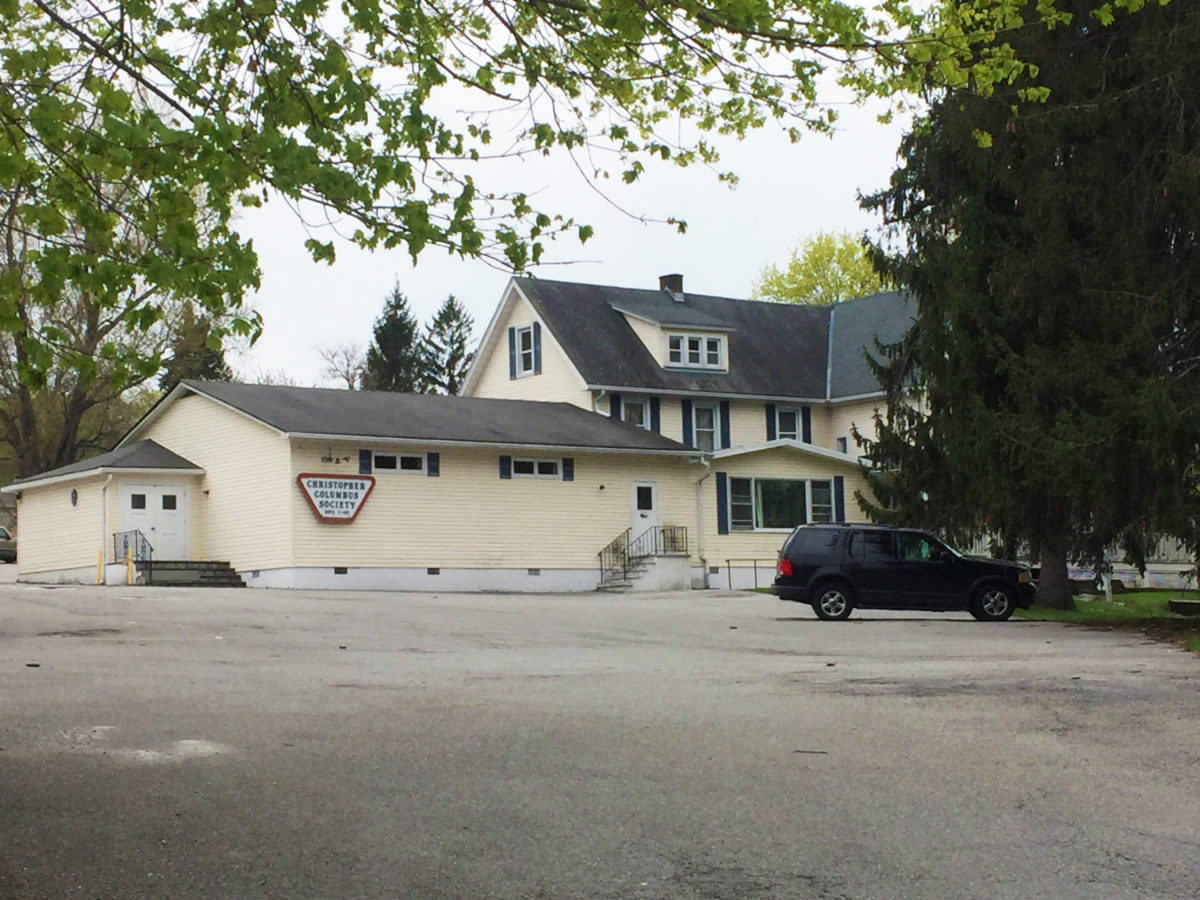
It has been rather busy during the last six months at Urstadt Biddle Properties Inc., the Greenwich-based shopping center real estate investment trust (REIT). Since October, the company has coordinated a series of purchases across Connecticut and New Jersey plus a major asset sale in Westchester, all while continuing its astonishing track record of uninterrupted quarterly dividend payments ”“ now at 187, stretching 46 consecutive years.
The company”™s performance has not gone unnoticed. Brad Thomas, the REIT columnist for the influential Seeking Alpha investment site, gave a lavish praise to Urstadt Biddle with an April 4 article titled “The Cream Always Rises to the Top.” “Dividend growth is the best catalyst for seeking out long-term stock performers, and [Urstadt Biddle] has successfully managed risk through multiple economic cycles,” Thomas observed.
For Willing L. Biddle, the company”™s president and CEO, the secret to success is the continued pursuit of a key element within the retail sector. “We are focused on grocery-anchored retail and not on the enclosed mall, fashion, soft-goods retail business,” he said. “Our sector is relatively healthy.”
He noted that while some areas of brick-and-mortar retail are in a difficult struggle with e-commerce, the stores at the heart of the Urstadt Biddle”™s property portfolio have not felt the bite of the digital competition. “The Internet is affecting many areas of retail, but the grocery store is relatively insulated,” he continued. “I think Amazon is going to continue to nibble away at it, as are other retailers such as Walgreen”™s and CVS. It seems many different retailers are selling food. But we believe the grocery business is not going to go the way of bookstores or other types of retailers that have been affected by the Internet.”
When seeking out properties for acquisition, Biddle places priority on well-located retail outlets that have “survived the internetization of the retail world.” Grocery stores and drug stores are key components, along with high-volume retailers, such as DSW and Pet Valu, “that cause a lot of traffic in and out of a shopping center ”” and the smaller stores that feed off this,” he said. Main Street retailers and department stores are not among the company”™s favored mall tenants.
“The department store business model, which is very focused on branding of apparel, has come under siege by the Internet and discount retailers,” he added. “The economic model of the department store has been hurt because they can”™t charge as high a premium for the brands and, as a result, they are not as profitable.”
In the last six months, Urstadt Biddle”™s holdings expanded to include the 970 High Ridge Road Shopping Center, a the 27,000 square foot mall in Stamford which was purchased for $13.3 million; the 38,750 square foot Pershing Square Shopping Center in Derby, which was purchased for $9 million; the 36,500 square foot Van Houten Farms Shopping Center in Passaic, N.J., purchased for $7.1 million; and a four-property portfolio that included the 87,300 square foot High Ridge Shopping Center in Stamford.
Biddle said the latter transaction was structured as a DownREIT partnership in which the seller, Stamford-based Samuel Lotstein Realty Co. LLC, received a combination of cash and operating partnership units in a new entity formed to purchase three of the properties in the portfolio. The fourth property, a 12,000-square-foot former grocery store in Fairfield that was leased to Walgreen”™s in 2006 but remained vacant after zoning changes prohibited chain stores in that section of town, was bought by Urstadt Biddle for approximately $3 million.
In January, Urstadt Biddle divested itself of the Westchester Pavilion, a 185,000-square-foot indoor mall in downtown White Plains, in a $55.6 million sale to Maple and Broadway Holdings LLC, a subsidiary of Lennar Corp. Lennar is demolishing the property and replacing it with a $275 million, 20-story mixed-use development of retail, restaurants and high-rise apartments. Urstadt Biddle in 2002 paid $39.9 million for the former Alexander”™s department store property, which in recent years was left largely vacant by a tenant drain that included the loss of anchor tenants Borders Books and Music and Toys “R” Us/Babies “R” Us.
“We looked at the site and thought about who we could lease it to and how we could renovate it,” Biddle said. “And then we came to the realization it was probably worth more dead than alive. So we made the conscious decision not to renew leases there. At the same time, we went through rezoning because it was zoned for a three-story retail building. We worked with the city to change the zoning to permit 20-story towers and unlock the value of the site.”
Looking ahead to the remainder of this year, Biddle said he hopes to continue to grow the company”™s asset base by 5 to 10 percent, if the company can acquire properties that meet his criteria.
“If there were good properties that fit our acquisition criteria and we could grow the company by 50 percent next year, we could do that,” he said. “But in our market, there are a relatively limited number of properties that we want to own long term that trade. So, it is our job to be talking to all of those owners and potentially do more partnership structures like we did with the High Ridge Center portfolio properties.”






















